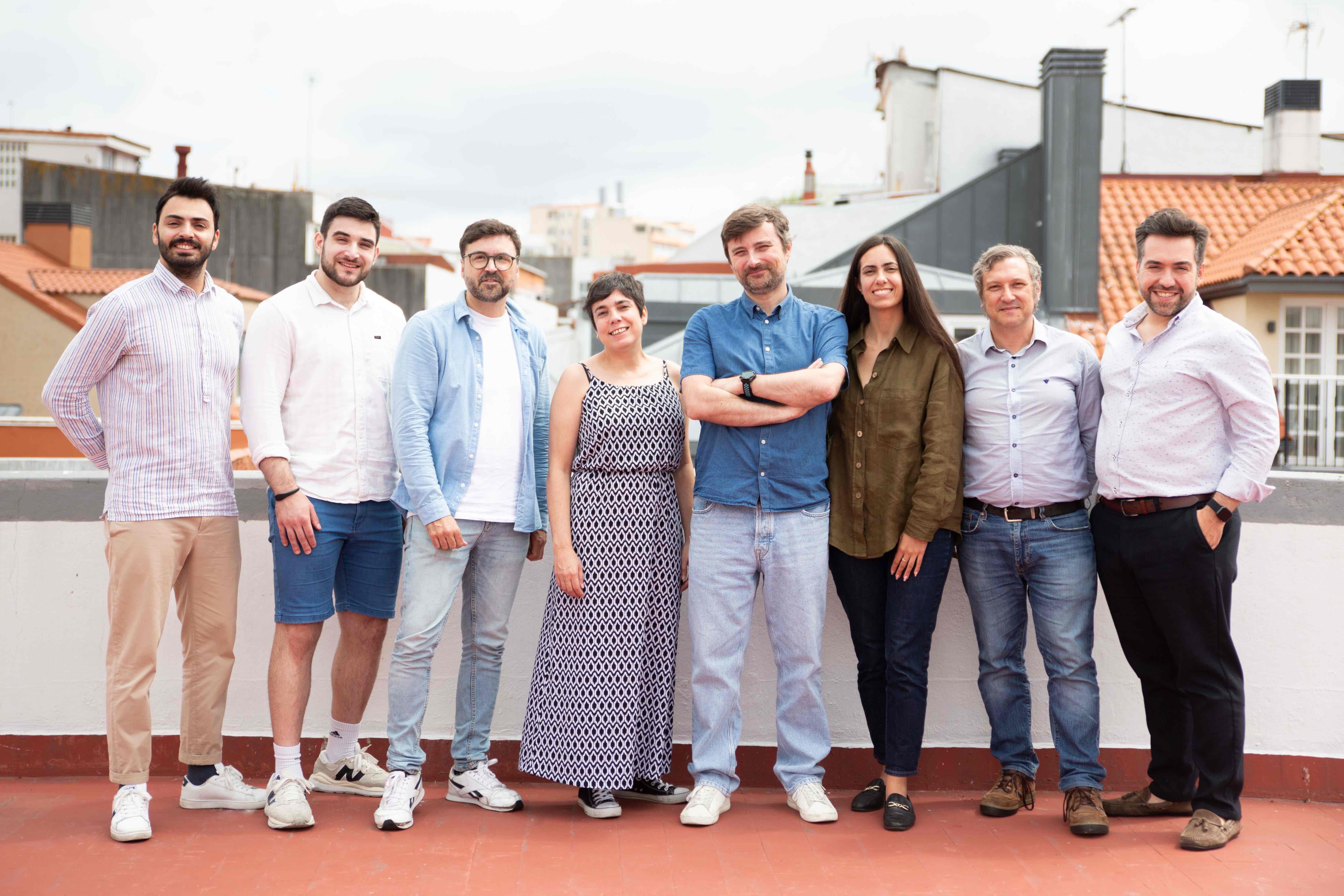
Latest information

Galician technology to aid in the diagnosis of neurodegenerative diseases
In clinical practice, the correct interpretation of brain imaging for the detection and diagnosis of neurodegenerative diseases is a major concern of medical professionals.
In response to this, the biotech company Qubiotech, based in A Coruña, was born at the end of 2014. It did so from the transfer of a Positron Emission Tomography (PET) image quantification algorithm, developed by the Nuclear Medicine and Molecular Imaging Research Group of the Fundación Instituto de Investigación Sanitaria de Santiago de Compostela (FIDIS), led by researcher Pablo Aguiar. "This is a group that, being physically located at the University Hospital Complex of Santiago, is in very direct contact with the clinical reality of healthcare, both professionals and patients. This allowed us to develop software designed precisely to fit in perfectly with the day-to-day reality of that reality and to solve real needs, with advantages that were not offered by other products on the market," explains Daniel Fernandez, manager of Qubiotech.
The result of that research led to a technological solution called Neurocloud, focused on helping doctors identify abnormal areas of the brain, compared to a healthy brain. "CT imaging is complicated for nuclear physicians to interpret, as the brain is a complex organ. The images do not show anatomical structures, but rather color maps that indicate the metabolic activity of that area. On many occasions, professionals must make difficult decisions based on information that is complex to interpret," Daniel explains.
The advantage of this technology, compared to others on the market, is that it is very easy to use and allows total automation of the process, since it does not require any intervention by the professional, thus reducing time, which is essential in clinical practice to optimize the efficiency of the process. On the other hand, clinical validation with patients carried out at the University Hospital of Santiago also showed that, in 25% of cases, it provided new and relevant information, helping to refine the diagnosis. In addition, Neurocloud offers information that is impossible for the physician to obtain visually: a quantification of how different an area is from that of a healthy individual, which introduces new variables into the diagnosis. "In short, all these advantages make Neurocloud a product that integrates very well into the clinical flow, solving immediate needs, something that has been key to its introduction in the market," explains Daniel Fernández.
Currently, Qubiotech is present in 30 hospitals in Spain and Portugal, for use in nuclear medicine, radiology, epilepsy, etc.
Looking to the future, the company is focused on two key challenges. The first of these is its internationalization, in which it is already making its initial contacts and taking its first steps. The other is to continue developing new products, starting with R&D solutions focused on the field of oncology. In this aspect, they are participating in the DIAGBI project, which is coordinated by the Center for Research in Molecular Medicine and Chronic Diseases (CIMUS) of the USC and supported by the Ministry of Science and Innovation. Its objective is to develop a new technology that allows early diagnosis and non-invasive monitoring of the most aggressive brain tumors with the lowest life expectancy for patients, such as glioblastomas.
Qubiotech is one of the most outstanding and recognized companies in the Galician biotech scene. For Daniel Fernández, "the sector is making good progress and is growing in a sustained and meaningful way. For it to grow, not only knowledge, financing, ancillary services, etc. are needed, but the whole ecosystem must grow at the same time, and this is something that is being done very well. The knowledge generated in the research centers is at the highest level. Of course, we must continue to improve access to funding and we also need to continue to provide tools for knowledge transfer, so that this knowledge becomes economic value in the market," he concludes.